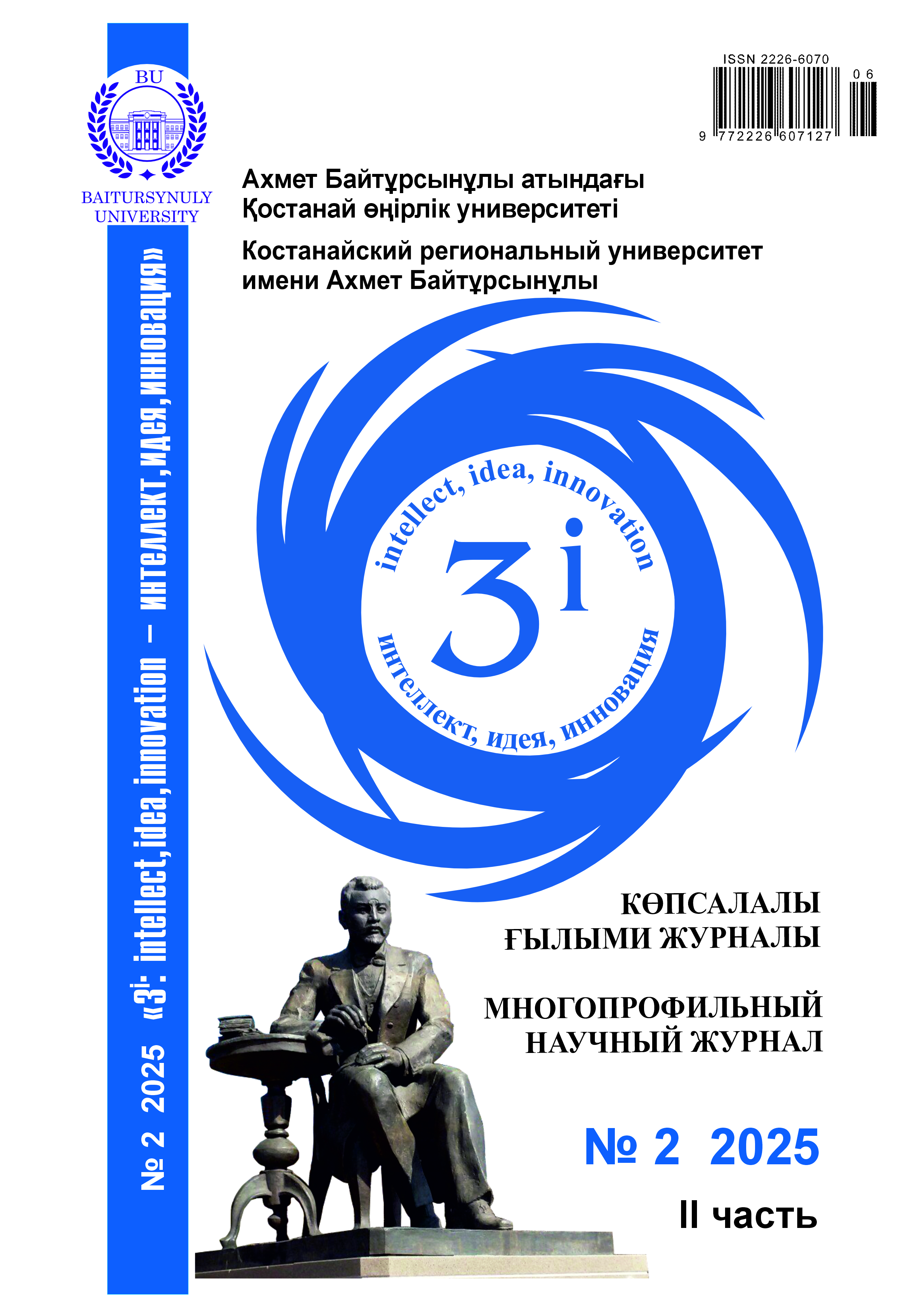PROJECT-BASED LEARNING FOR PRE-SERVICE PRIMARY TEACHERS: THE THINK–PAIR–SHARE MODEL
DOI:
https://doi.org/10.52269/RWEP252271Keywords:
design and research activities, future teachers, TPS model, creative thinking, project based learningAbstract
This article presents a non-randomized controlled study employing pre- and post-intervention measuring, with a focus on the implementation of project-based learning through the Think-Pair-Share instructional strategy. The research purpose was to evaluate the effectiveness of the applied learning mode to improve creative thinking skills in elementary education students. The intervention conducted over six lessons, involved five stages, each fostering different aspects of creative thinking, namely fluency, flexibility, originality, and elaboration, through collaborative game design activities. Students worked in pairs to conceptualize, develop, test, and evaluate educational games. Creative thinking skills were assessed pre- and post-intervention using a test comprising open-ended and structured questions. Each component was scored based on detailed criteria, including the quantity and diversity of ideas, adaptability, integration of novel elements, and depth of elaboration. Students' beliefs in their capacity to implement creative teaching were also measured twice, via a self-reported questionnaire. After the experimental course, individuals from the test group scored higher in all four areas of creative skills compared to controls and pre- intervention test. In addition, students who completed the experimental course reported higher levels of self-efficacy in creative learning compared to both their baseline assessments and those of non-participants. The findings of the study may serve as a foundation for the development of new methodological recommendations for organizing project-based learning activities.




